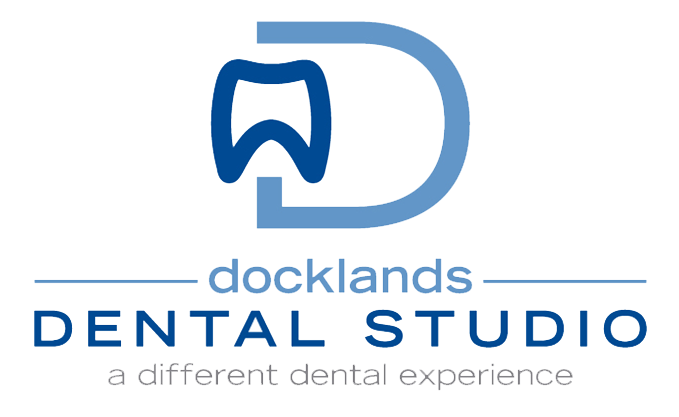X-rays are an important tool to properly identify any problems in the mouth. Without x-rays, the dentist cannot see every surface of the teeth and is thus limited in identifying problems on the adjoining surfaces, underneath fillings and gums, inside the nerve or at the roots of the teeth
Here are some common questions concerning dental x-rays to improve your understanding about what they are and why they are necessary.
- How often should I have dental x-rays?
Guidelines from the ADA (Australian Dental Association) recommend patients have a new set of bite wing x-rays taken roughly every two years to ensure any issues are identified before they become major problems. However, depending on the individual and their oral health needs, dental x-rays may need to be taken on a more regular basis. Additional x-rays may also be required, such as more specific x-rays to check particular teeth and their root structure, or broader x-rays (such as OPGs) which show the entire jaw area and are commonly used to assess wisdom teeth.
- How much radiation is in dental x-ray?
The x-ray system we use at Docklands Dental practice is entirely digital, and use only a fraction of the radiation compared to most x-rays. Dental x-rays only use 0.038 mSV (Millisievert, a unit used to measure radiation) where as a chest x-ray uses 0.080 mSV.
- I had x-rays recently at another practice. Can you use them?
If the x-rays taken were clear and recent, we can use them to assess your oral health. Let us know if you would like us to look at your past x-rays, and we will discuss a way with you to have them transferred to our clinic.
- Are x-rays covered by my insurance?
The level of cover for dental x-rays varies from insurance to insurance. It is best to check with your health fund if you are unsure of your level of cover. We can write you a treatment plan to supply to the health fund should they require it.
- Can the health of my teeth be efficiently determined without them?
Simply, no. Without dental x-rays, it is impossible to diagnose problems which the dentist cannot see, and to correctly assess any damage which has progressed to the inner layers of the tooth. It is difficult to provide effective patient care without a complete diagnosis of the dental condition.
Call us to book an appointment today, or for any questions you may have. We are always happy to help!
